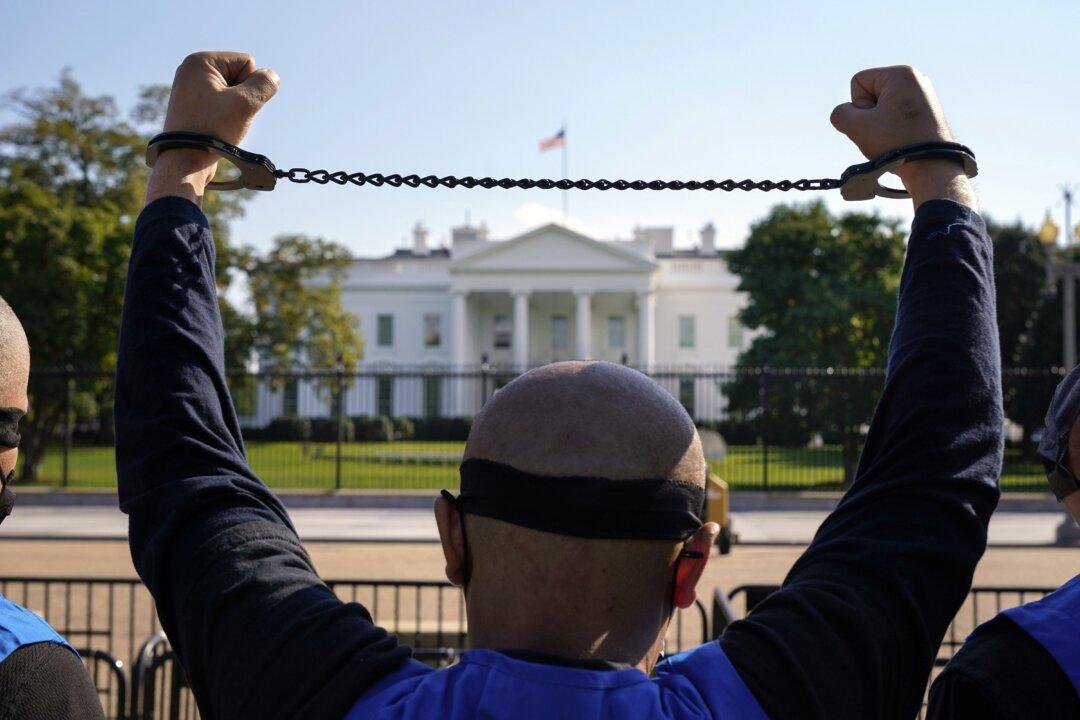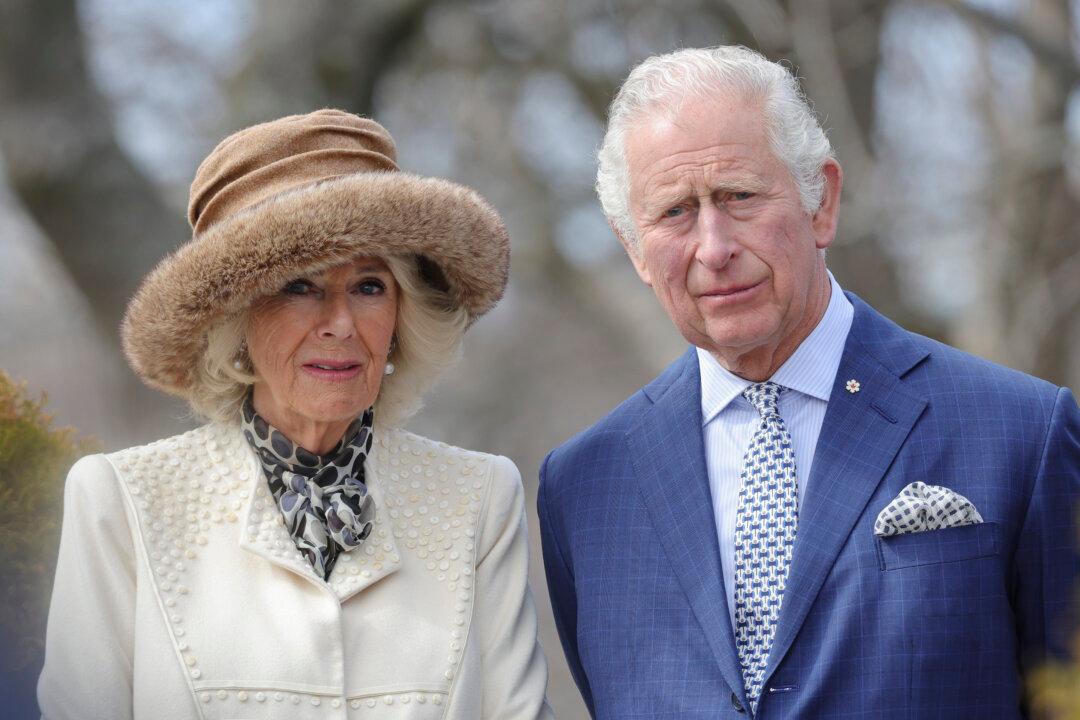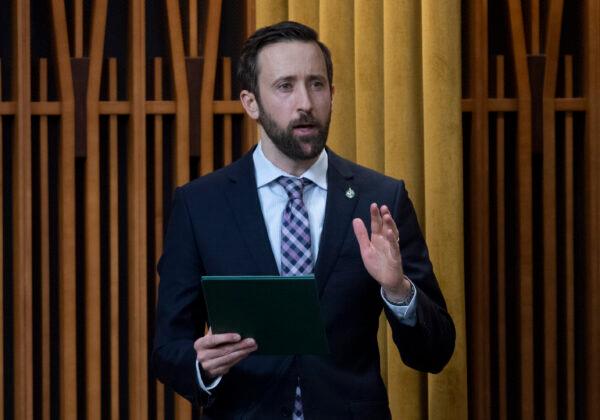Commentary
In a rare piece of good news on the Canadian foreign policy front, the government has finally taken action that is consistent with its frequently professed enthusiasm for strong multilateralism. Canada, in co-ordination with the United States and the United Kingdom, has decided to impose sanctions on some of the Chinese officials responsible for the ongoing genocide being perpetrated against Uyghur Muslims in the Xinjiang Uyghur Autonomous Region.





